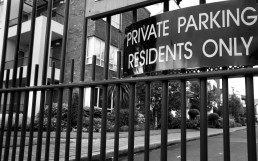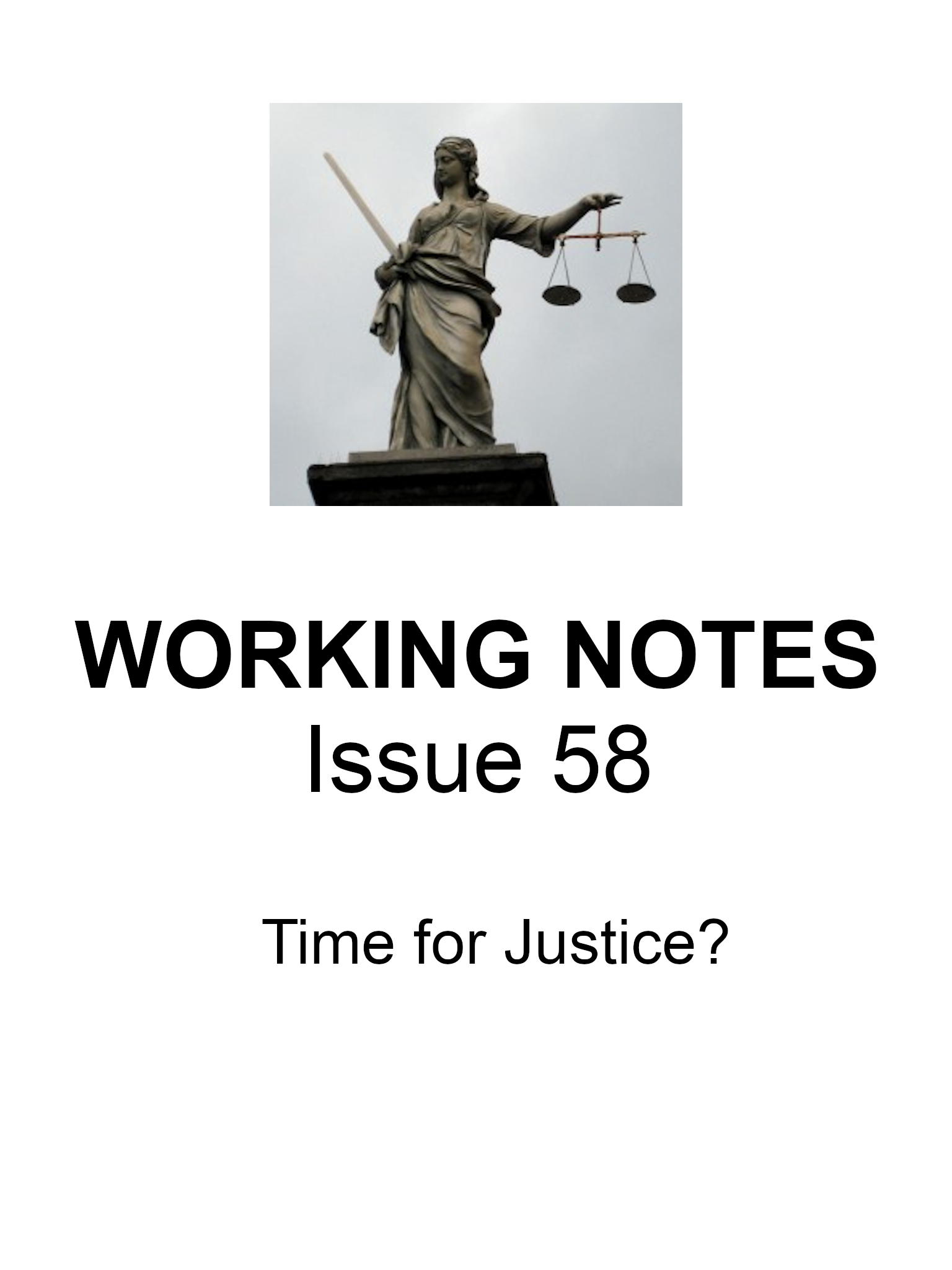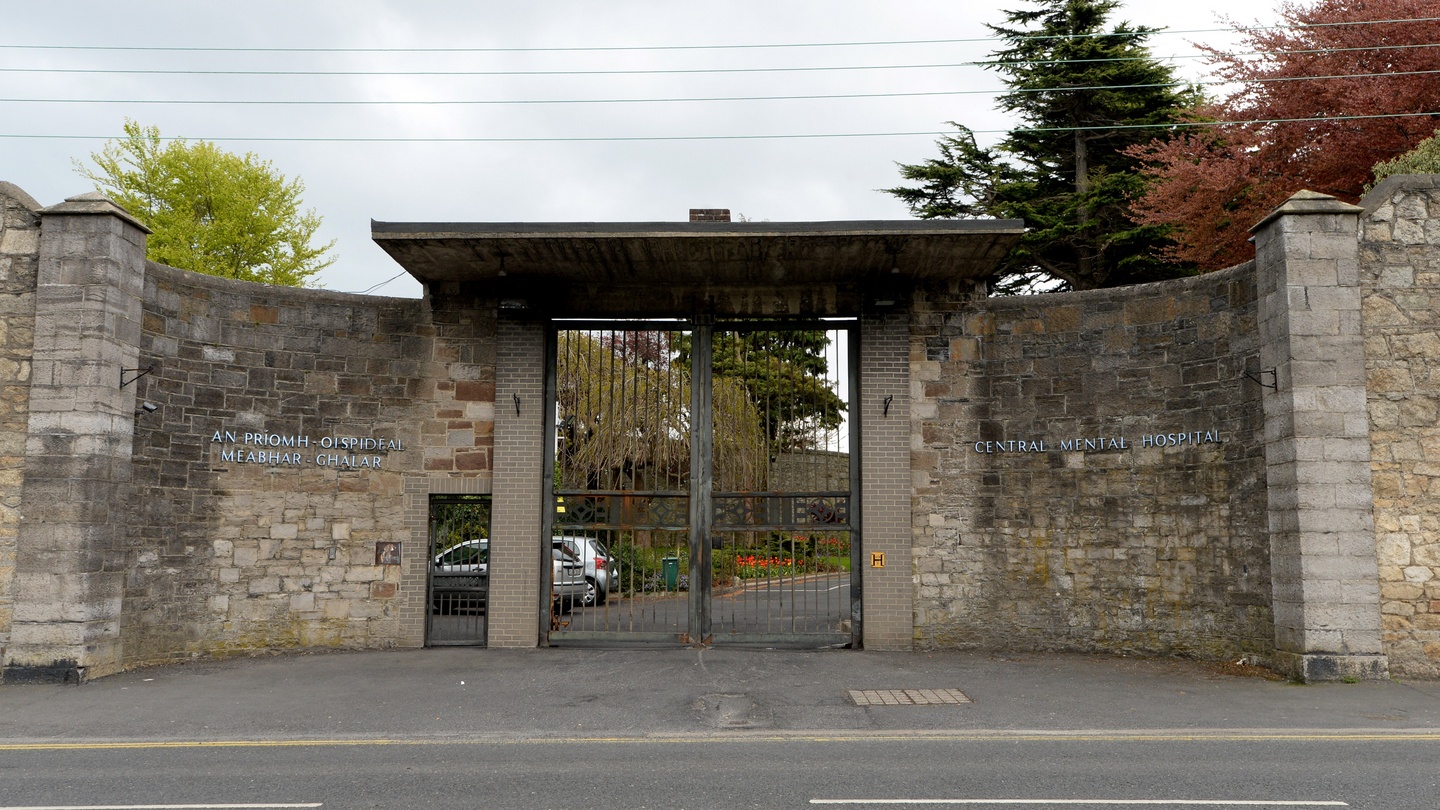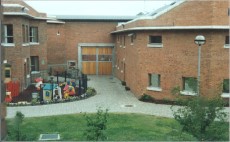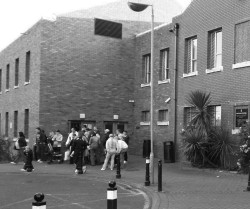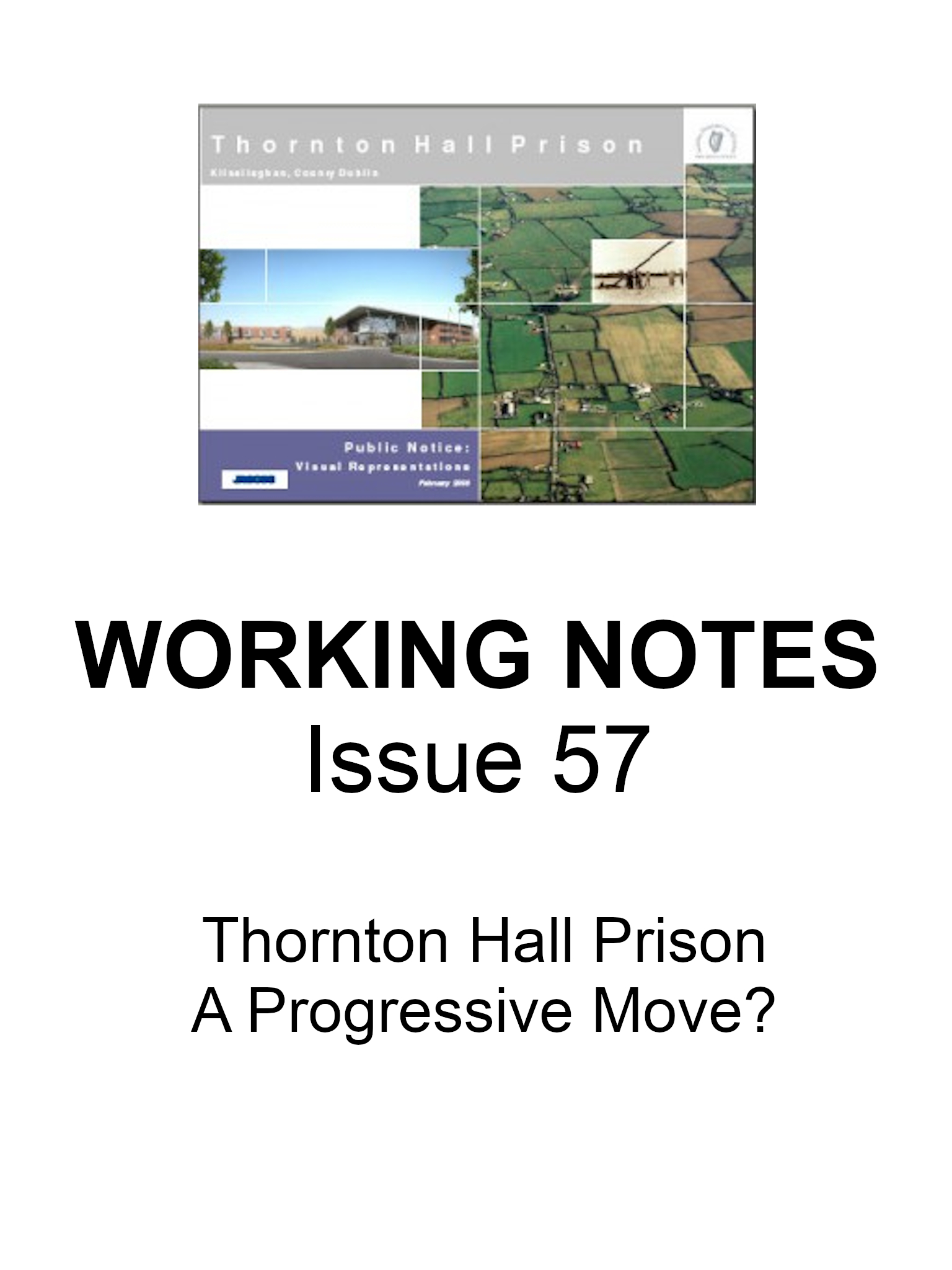
Crime and Punishment: A Christian Perspective
At the height of the Northern Ireland Troubles, it was usual to distinguish between paramilitary prisoners and ODCs – ‘ordinary decent criminals’. The terminology is suggestive, even provocative: is it ever right to consider criminals as ‘ordinary’, much less ‘decent’? Certainly, it would be altogether wrong to trivialise the plight of victims, and especially victims of violent crime, by too lightly using a euphemism like ‘ordinary decent criminals’.


